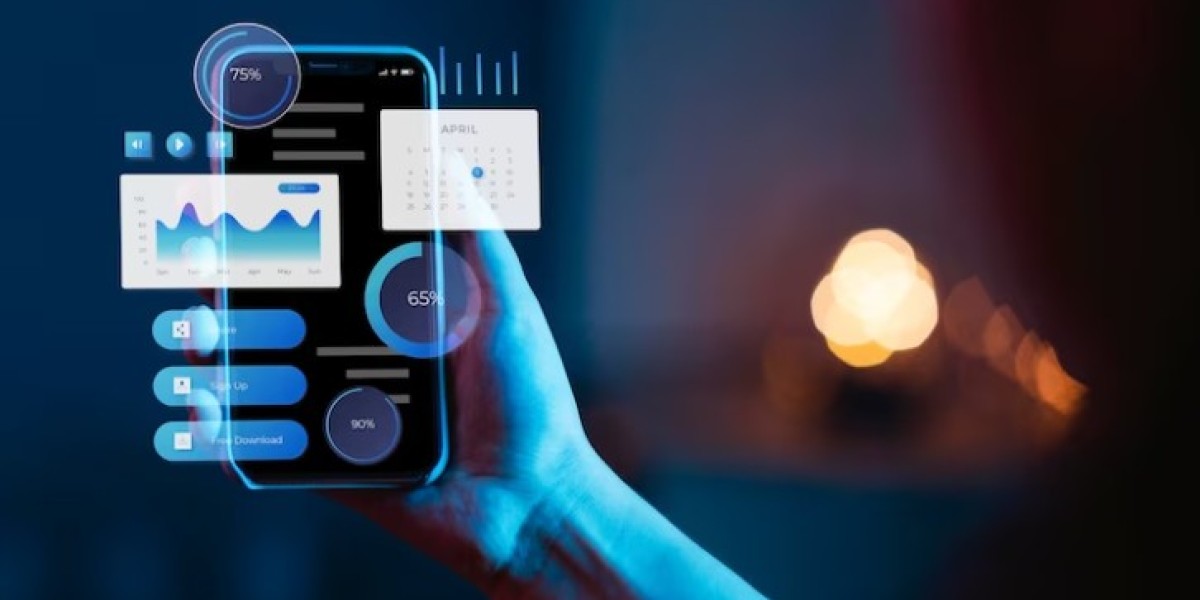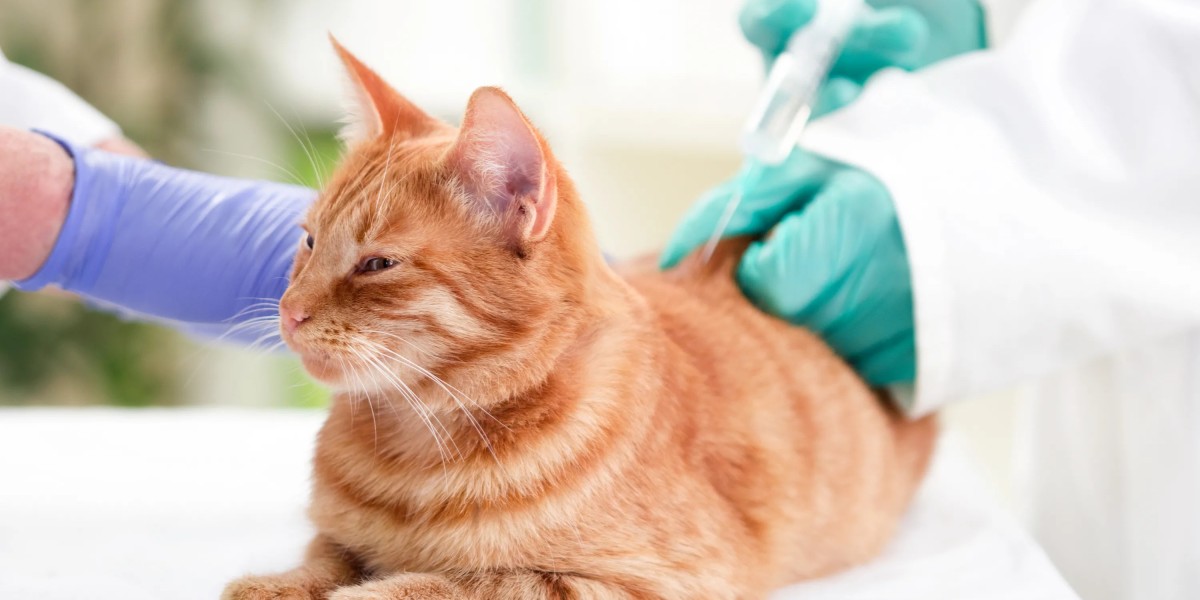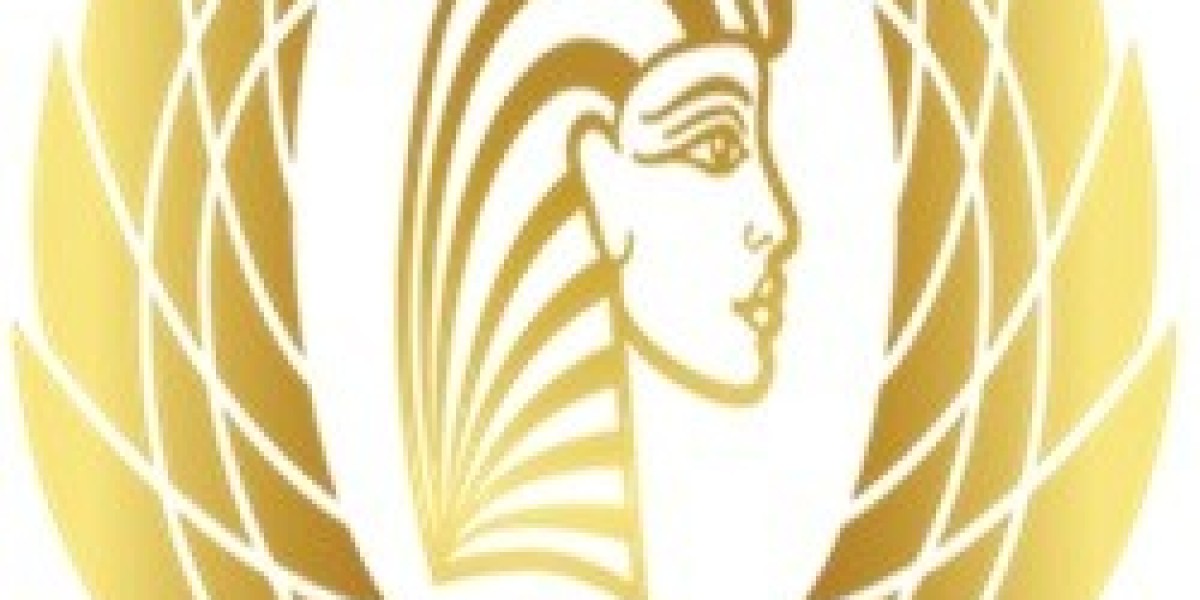The Internet of Things (IoT) has emerged as a revolutionary force across various industries, and healthcare is no exception. By connecting devices, systems, and services, IoT enables a seamless flow of data and opens up new avenues for improving patient care, enhancing operational efficiency, and driving down costs. This article delves into the multifaceted impact of IoT in healthcare, exploring its applications, benefits, challenges, and future prospects.
Applications of IoT in Healthcare
1. Remote Patient Monitoring
One of the most significant applications of IoT in healthcare is remote patient monitoring. Connected devices such as wearable fitness trackers, smartwatches, and biosensors can monitor vital signs like heart rate, blood pressure, glucose levels, and more. This real-time data is transmitted to healthcare providers, allowing for timely interventions and continuous monitoring of chronic conditions.
2. Smart Medical Devices
IoT-enabled medical devices, including smart inhalers, connected insulin pens, and smart pill bottles, ensure patients adhere to their medication schedules. These devices can send reminders, track usage, and alert healthcare providers to non-compliance, thereby improving treatment outcomes and patient safety.
3. Telemedicine
IoT plays a crucial role in telemedicine by enabling virtual consultations between patients and healthcare professionals. Connected devices can capture and transmit patient data during virtual visits, providing doctors with the necessary information to make informed decisions. This not only enhances access to healthcare, especially in remote areas, but also reduces the burden on healthcare facilities.
4. Asset Tracking and Management
Hospitals and clinics can use IoT for asset tracking and management. Connected systems can monitor the location and status of medical equipment, ensuring optimal utilization and reducing downtime. This also helps in maintaining inventory levels and preventing equipment loss or theft.
Benefits of IoT in Healthcare
1. Improved Patient Outcomes
By providing real-time data and continuous monitoring, IoT enables proactive healthcare management. Early detection of health issues and timely interventions can significantly improve patient outcomes and reduce hospital readmissions.
2. Enhanced Operational Efficiency
IoT streamlines various administrative and operational processes within healthcare facilities. From managing patient flow to optimizing the use of medical equipment, IoT reduces inefficiencies and enhances overall productivity.
3. Cost Savings
The adoption of IoT in healthcare can lead to substantial cost savings. Remote monitoring and telemedicine reduce the need for in-person visits and hospital stays, while predictive maintenance of medical equipment minimizes repair costs. Additionally, better resource management results in lower operational expenses.
4. Personalized Medicine
IoT facilitates personalized medicine by enabling the collection of vast amounts of patient data. This data can be analyzed to tailor treatments to individual patients, considering their unique health profiles and needs. Personalized medicine leads to more effective treatments and improved patient satisfaction.
Challenges and Considerations
1. Data Security and Privacy
With the influx of connected devices and the transmission of sensitive patient data, ensuring data security and privacy is paramount. Healthcare providers must implement robust cybersecurity measures to protect patient information from breaches and unauthorized access.
2. Interoperability
The effectiveness of IoT in healthcare depends on the seamless integration of various devices and systems. Ensuring interoperability between different IoT devices and healthcare systems remains a challenge, necessitating the adoption of standardized protocols and interfaces.
3. Regulatory Compliance
Healthcare IoT devices must comply with stringent regulatory standards to ensure safety and efficacy. Navigating the complex regulatory landscape can be challenging for manufacturers and healthcare providers alike.
4. Data Management
The vast amount of data generated by IoT devices requires efficient data management systems. Healthcare providers must invest in advanced analytics and storage solutions to handle, process, and derive meaningful insights from the data.
Future Prospects
The future of IoT in healthcare looks promising, with advancements in technology and increasing adoption of connected devices. Emerging trends such as artificial intelligence (AI) and machine learning (ML) integration with IoT will further enhance its capabilities. Predictive analytics, driven by IoT data, will enable more accurate diagnoses and personalized treatments.
Moreover, the expansion of 5G networks will provide the necessary bandwidth and low latency for real-time data transmission, improving the reliability and efficiency of IoT applications in healthcare.
Conclusion
IoT is poised to revolutionize the healthcare industry by enhancing patient care, improving operational efficiency, and reducing costs. While challenges such as data security, interoperability, and regulatory compliance must be addressed, the benefits far outweigh the hurdles. As technology continues to evolve, IoT will play an increasingly vital role in shaping the future of healthcare, leading to better outcomes and a more patient-centric approach to medicine.



